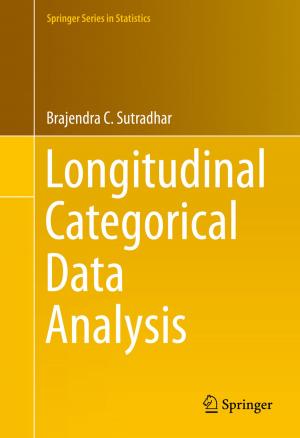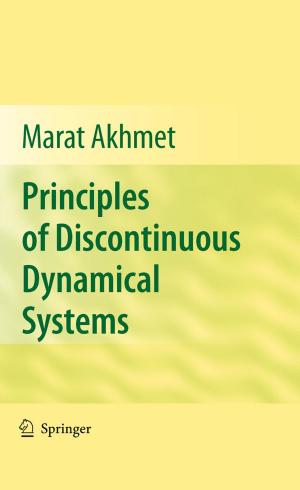Parental Involvement in Childhood Education
Building Effective School-Family Partnerships
Nonfiction, Health & Well Being, Psychology, Child & Adolescent, Child Development, Social & Cultural Studies, Social Science, Sociology| Author: | Garry Hornby | ISBN: | 9781441983794 |
| Publisher: | Springer New York | Publication: | April 7, 2011 |
| Imprint: | Springer | Language: | English |
| Author: | Garry Hornby |
| ISBN: | 9781441983794 |
| Publisher: | Springer New York |
| Publication: | April 7, 2011 |
| Imprint: | Springer |
| Language: | English |
Parental participation has long been recognized as a positive factor in children’s education. Research consistently shows that parents’ contributions to their children’s education lead to improvements in their academic and behavioral outcomes, from elementary through middle and secondary school. Recognizing the critical role of school psychologists in this equation, Parental Involvement in Childhood Education clearly sets out an evidence-based rationale and blueprint for building parental involvement and faculty awareness.
The author’s starting point is the gap between the ideals** **found in the literature and the reality of parental involvement in schools. An ecological analysis identifies professional, institutional, and societal factors that keep schools and parents distant. Methods for evaluating parental involvement are detailed, as is a model for developing and maintaining strong parental relationships at the instructor, school, and education system level, with an emphasis on flexible communication and greater understanding of parents’ needs. This empirically sound coverage offers readers:
- A detailed understanding of obstacles to parental involvement.
- An evidence-based model for parental participation.
- A three-nation study of parental involvement practices in schools.
- Guidelines for implementing parental involvement activities and initiatives.
- A review of effective communication strategies with parents.
- Analysis of key interpersonal skills for effective work with parents.
Parental Involvement in Childhood Education is essential reading for practitioners and researchers in school psychology and counseling, social work, and educational psychology, whether they work directly with schools or in providing training for teachers and other professionals who work with children and their parents.
Parental participation has long been recognized as a positive factor in children’s education. Research consistently shows that parents’ contributions to their children’s education lead to improvements in their academic and behavioral outcomes, from elementary through middle and secondary school. Recognizing the critical role of school psychologists in this equation, Parental Involvement in Childhood Education clearly sets out an evidence-based rationale and blueprint for building parental involvement and faculty awareness.
The author’s starting point is the gap between the ideals** **found in the literature and the reality of parental involvement in schools. An ecological analysis identifies professional, institutional, and societal factors that keep schools and parents distant. Methods for evaluating parental involvement are detailed, as is a model for developing and maintaining strong parental relationships at the instructor, school, and education system level, with an emphasis on flexible communication and greater understanding of parents’ needs. This empirically sound coverage offers readers:
- A detailed understanding of obstacles to parental involvement.
- An evidence-based model for parental participation.
- A three-nation study of parental involvement practices in schools.
- Guidelines for implementing parental involvement activities and initiatives.
- A review of effective communication strategies with parents.
- Analysis of key interpersonal skills for effective work with parents.
Parental Involvement in Childhood Education is essential reading for practitioners and researchers in school psychology and counseling, social work, and educational psychology, whether they work directly with schools or in providing training for teachers and other professionals who work with children and their parents.















